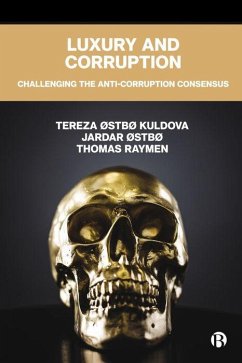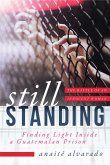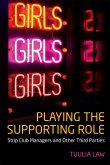The world has been bombarded in recent years with images of the luxurious lives and wealth of corrupt oligarchs and kleptocrats, amassed at the expense of ordinary people. Such images exploit our feelings of injustice, are taken as indicative of moral decay, and inspire a desire to purge our economies of dirty money, objects, and people. But why do anti-corruption efforts routinely fail? What kind of world are they creating? Looking at luxury art, antiquities, superyachts, and populist politics, this book explores the connection between luxury and corruption, and offers an alternative to the received wisdom of how we tackle corruption.








